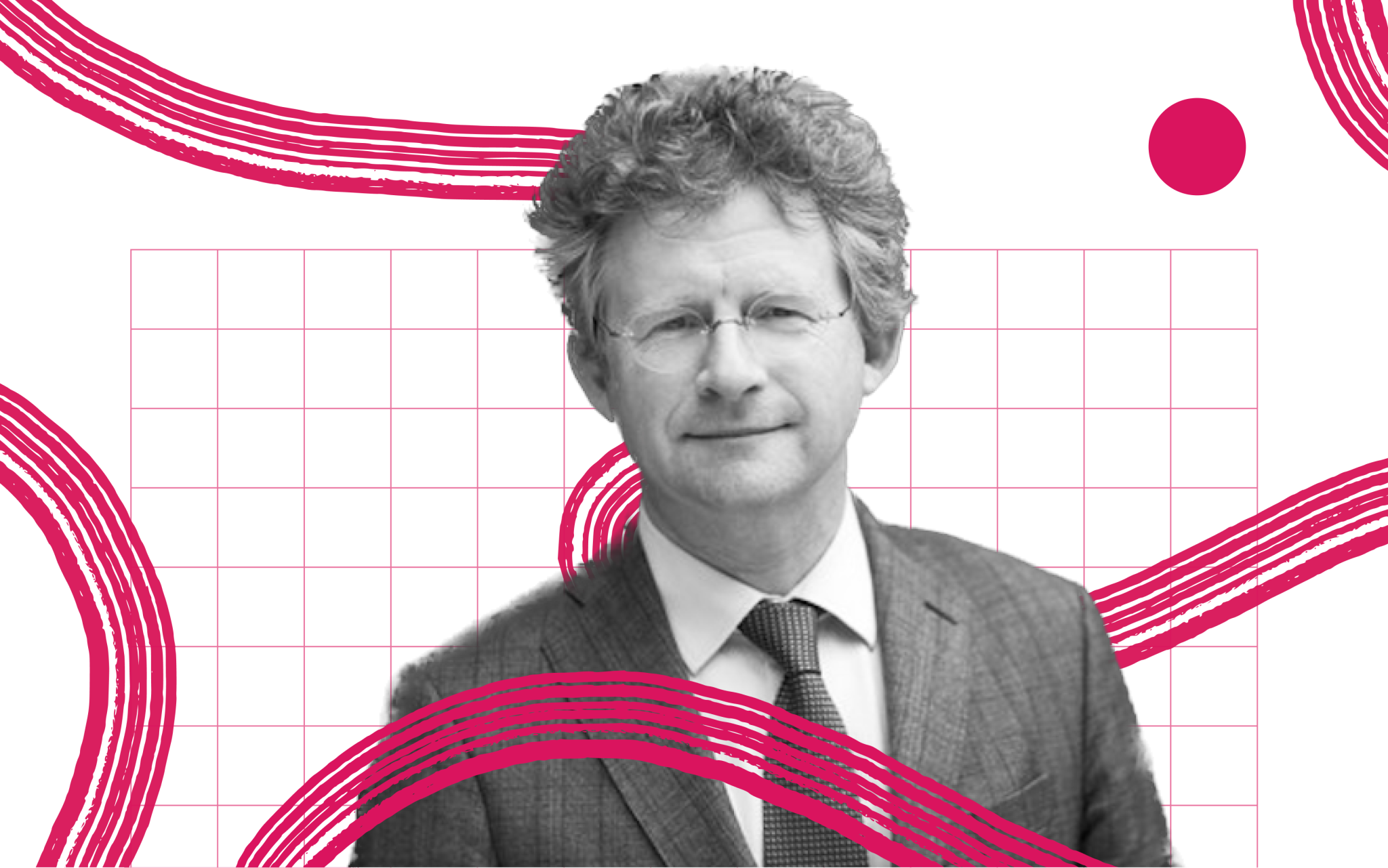Last year, Nordic startups and scaleups raised a whopping $16bn.
But that capital was far from equally distributed between male and female founders — despite Scandinavia’s reputation as a haven for equal opportunities and an example to the rest of Europe when it comes to shared parental leave.
In 2021, all-female founding teams raised just 1.1% of venture capital in the Nordics, according to a new report published today by Copenhagen-based Unconventional Ventures.
That’s atrocious — and it’s also worse than the stats from the UK and Germany, countries where more than a couple of weeks of parental leave for men is scoffed at.
Nora Bavey, Swedish partner at Unconventional Ventures, says the data doesn’t come as a surprise.
”We have a great quality of life but we don’t have equality. We’ve been living under the false assumption that everyone has the same opportunity to build companies but the data tells us the opposite. At the same time it tells us that successful companies are both diverse and impact-driven at the core, diversity meaning beyond gender as well,” she says.
Share of funding
In 2021, the UK topped the charts, with 3% of startup funding heading to all female teams. In Germany, all-female teams raised 1.3% of total funding, while all-female teams in the Nordics ended up with 1.1% of the capital.
Mixed-gender teams in the UK raised 11.1% of total capital. In the Nordics, mixed gender teams raised 10.7% of the total.
Across the eight countries looked at by Unconventional Ventures, all-male teams received the vast majority of all capital allocated — ranging from 83% in Finland to 92% in Norway.*
For the first half of 2022, the numbers look even worse, with funding to female-founded startups falling below 1% in the Nordics.
Smaller rounds to female founders
The picture isn't quite as dire when looking at the number of investment rounds including female founders.
Across the eight countries looked at (Sweden, Denmark, Finland, Norway, Iceland, France, UK and Germany), 6% of deals done in 2021 were with all-female founding teams. 82% of deals involved all-male teams.
In the Nordics, things look better. 7.6% — or 40 of the 528 investment rounds raised — had all female-founded teams.
It’s a clear indication that all-female-founder teams raise smaller rounds — and, the report found, this gap widens at Series A.
All female-founded startups raised an average of €2.9m at Series A, while all-male teams raised almost double the amount — €5.4m. These discrepancies were not seen in the UK and Germany where female, male and mixed teams raised similar amounts at Series A.
“It's hard to say exactly why VCs in the Nordics write smaller cheques to women founders than the sizes we see in markets such as the UK and Germany. What we do know, however, is that these are more mature markets in general and it's not uncommon that valuations and cheque sizes vary for that reason,” Bavey says.
“The number of cheques written is still on an equal level as in the Nordics — a very low level.”
Are the VCs to blame?
Of all the investor types looked at by the report — including universities, VCs, corporates, accelerators and angels — crowdfunders plugged the most capital into all-female-founded teams (10%).
Unconventional Ventures suggests that a lack of female investment partners may be to blame.
Across the eight countries looked at, most VC firms — 77% — do not have a single female partner. At 17% of the funds, there is at least one female partner. 6% of the funds are made up of all female partners.
However, those female partners control less capital. The 6% of funds that are run by all-female partners manage just 1% of the total capital under management — while the 77% of funds with only male partners manage 84%.
“There is a clear correlation between the cheque writers, decision makers and general partners and the founders receiving funding, therefore we’re not seeing more change in who is getting funded. That has a clear impact on the ecosystem, which is not improving,” Bavey says.
Mimi Billing is Sifted’s Nordic correspondent. She also covers healthtech, and tweets from @MimiBilling
* Iceland has been excluded here due to the fact it only had a very small number of investments in 2021.


